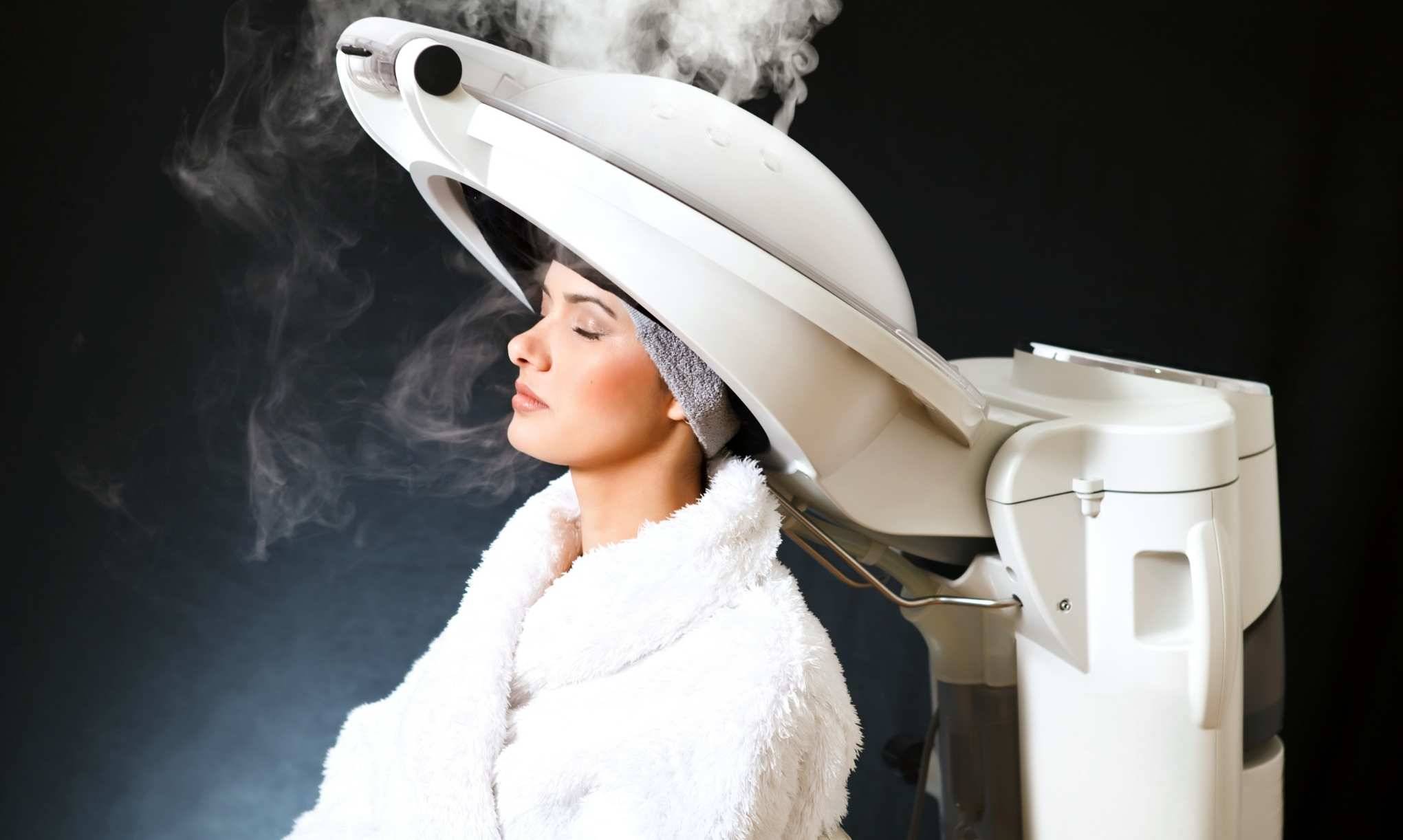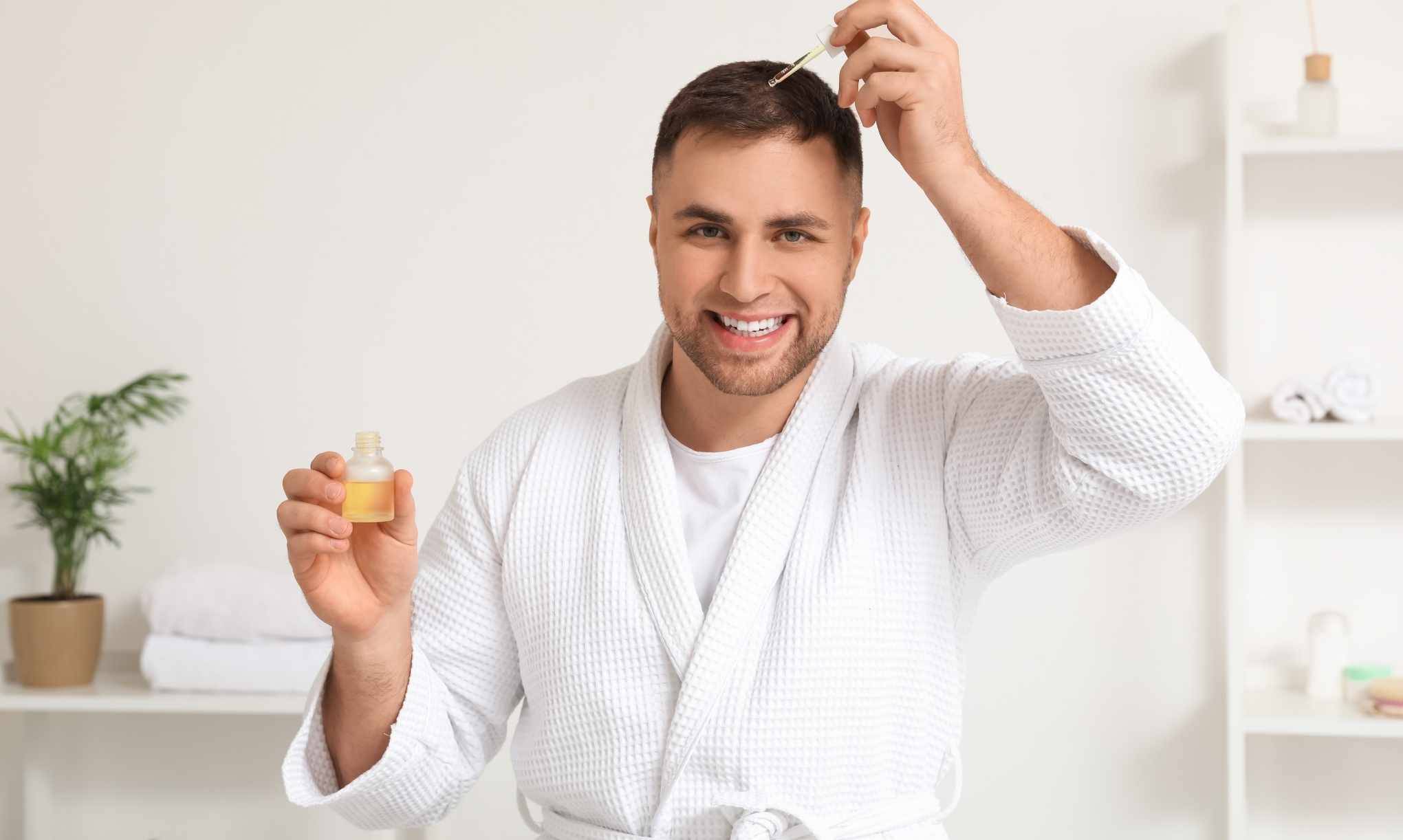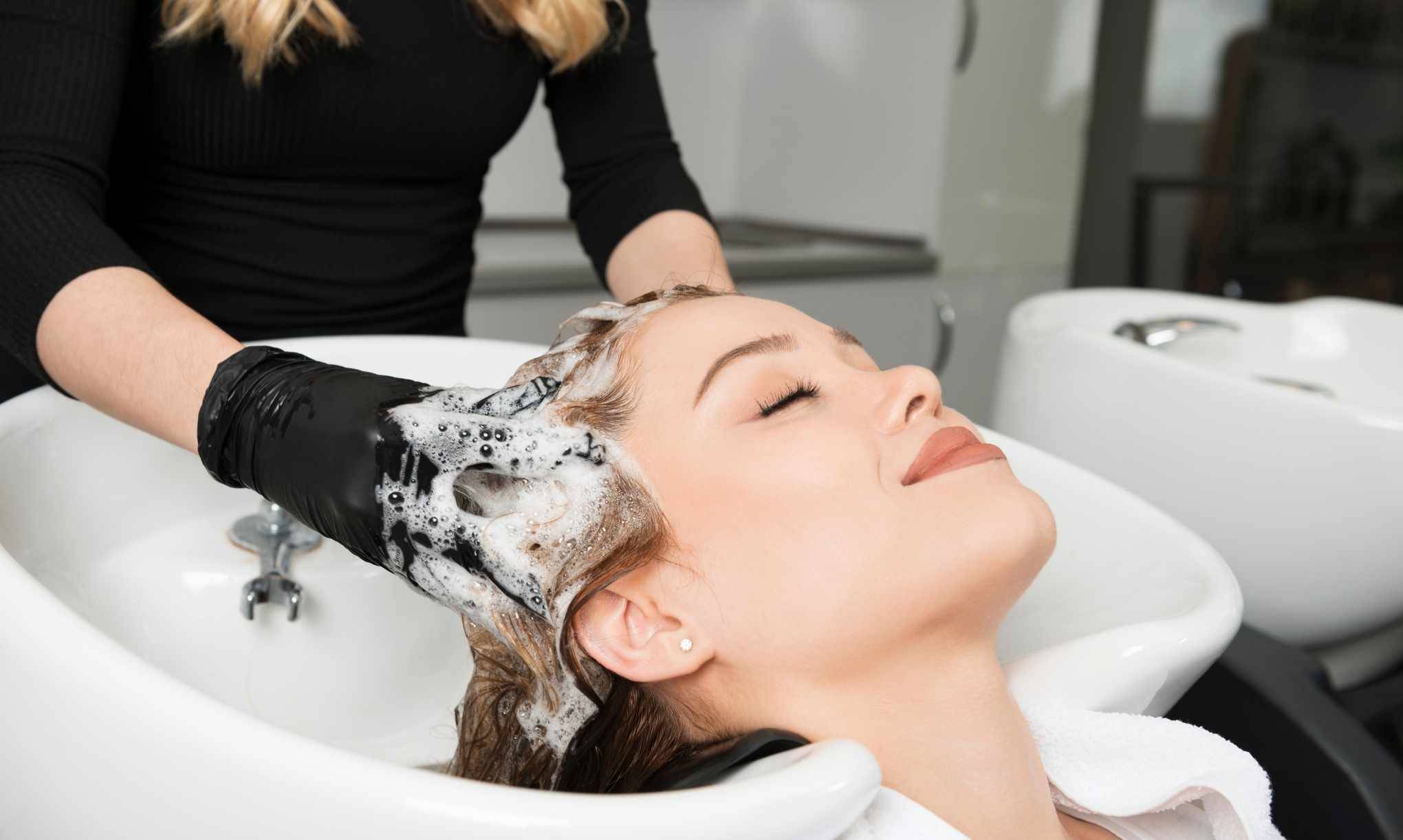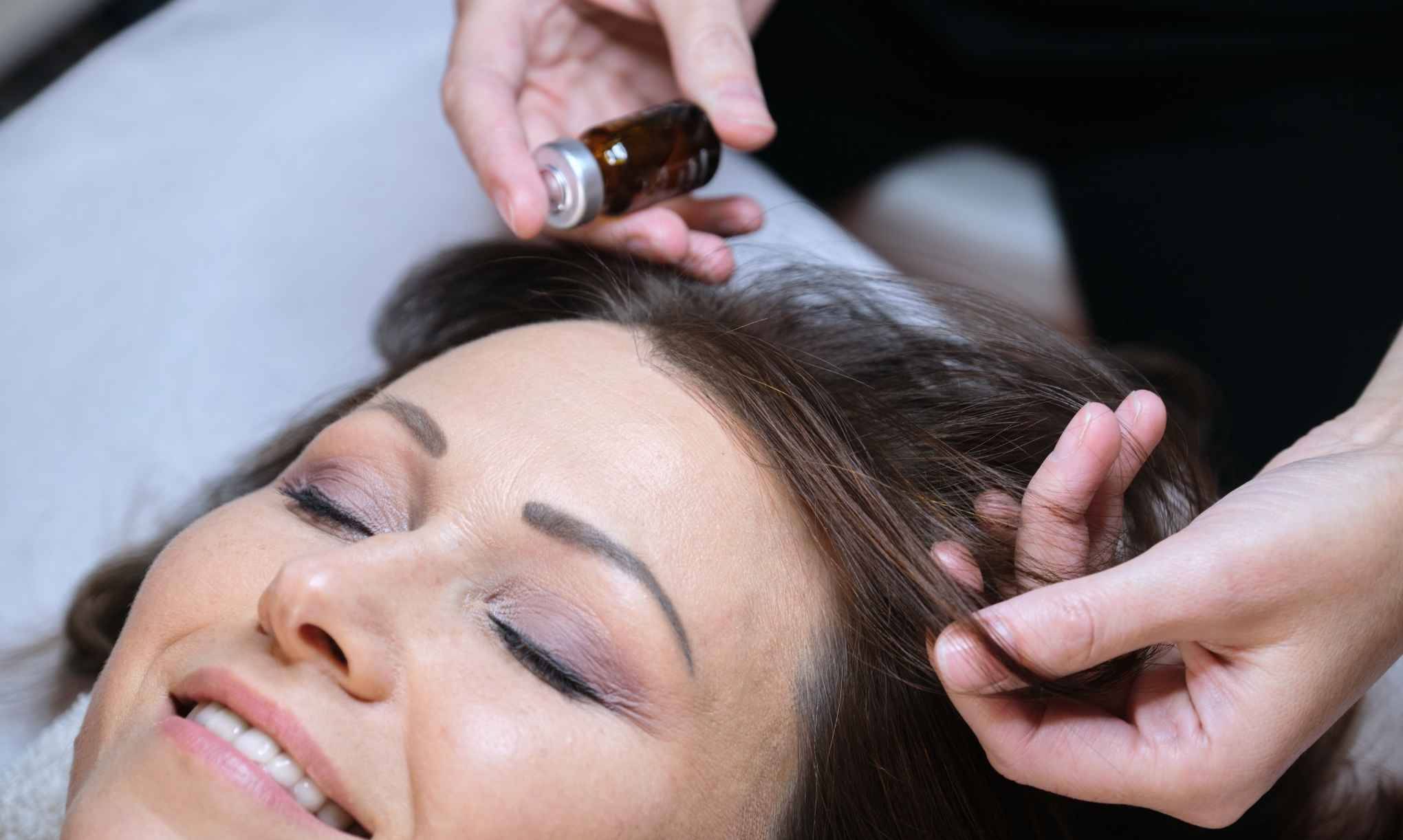Thinking about a hair transplant? Learn essential pre- and post-care tips to prepare, recover well, and achieve natural results with trusted clinics.

By Kath Wong | September 15th, 2025
If you’ve been considering a hair transplant, you probably already know it’s more than just a procedure — it’s a decision that can boost your confidence and transform how you feel about yourself.
But here’s something many people overlook: the success of a hair transplant doesn’t depend on the surgery alone. It also relies on how well you prepare before the procedure and take care afterward.
That’s why having a clear pre- and post-care roadmap makes all the difference. In this guide, we’ll walk you through everything you need to know to get the best possible results from your hair restoration journey.
Why Preparation Matters?
Think of a hair transplant like planting seeds in a garden. For them to grow strong and healthy, the soil needs to be ready. Similarly, your scalp, health, and lifestyle choices set the stage for your new hair follicles. Preparing properly also reduces risks and helps your body heal faster.
Pre-Care Tips for Hair Transplant Success
Here’s how to get ready in the weeks and days leading up to your procedure:
1. Review Your Medications
Certain medications and supplements can increase bleeding or interfere with healing. Your surgeon will usually advise you to avoid aspirin, anti-inflammatory drugs, and some herbal supplements at least 1 to 2 weeks before surgery. Always be transparent about what you’re taking.
2. Avoid Smoking and Alcohol
Smoking reduces blood flow to the scalp and can slow down healing. Alcohol can increase bleeding risks. Ideally, stop smoking at least 2 weeks before surgery and avoid alcohol for at least 3 days prior.
3. Keep Your Scalp Healthy
Wash your hair regularly and avoid harsh products. A clean, healthy scalp creates the best environment for the new follicles.
4. Eat Nutritious Meals
Your body will need nutrients to heal properly. Focus on a balanced diet with protein, vitamins, and minerals in the weeks before surgery.
5. Plan Your Recovery Time
You’ll need at least a few days to rest after the procedure. Arrange your work schedule and personal commitments so you’re not stressed or rushed.

What to Expect on Surgery Day
On the day of your hair transplant, you’ll usually:
· Arrive at the clinic for final consultation and hairline design.
· Receive local anesthesia to keep the procedure painless.
· Undergo follicle extraction (FUE or FUT method).
· Have grafts implanted into thinning or balding areas.
Most sessions last several hours, depending on how many grafts are being transplanted. Afterward, you’ll go home the same day with clear aftercare instructions.

Post-Care Roadmap
This is where your commitment really counts. Proper post-care determines how well your new hair grows and how natural it looks in the long run.
First Few Days
· Rest as much as possible. Avoid bending over or heavy lifting.
· Sleep with your head elevated to reduce swelling.
· Don’t touch or scratch your scalp — even if it feels itchy.
· Follow your surgeon’s medication and cleaning instructions closely.
First Week
· Swelling and scabbing are normal. Don’t panic.
· Wash your hair gently using recommended shampoo.
· Avoid hats or helmets unless approved by your doctor.
After 2 To 4 Weeks
· Most scabs fall off.
· Shedding of transplanted hair is common — this is part of the natural cycle.
· Continue to avoid intense workouts, swimming, or sun exposure.
After 3 Months
· New hair growth begins.
· Patience is key — hair grows slowly at first.
After 9 To 12 Months
· You’ll see the full, natural results of your transplant.
· Regular trims, good nutrition, and proper hair care help maintain long-term success.

Lifestyle Habits That Help Your Results Last
Your transplant is a long-term investment, and small lifestyle changes make a big difference. Keep these in mind:
· Stay hydrated and eat a nutrient-rich diet.
· Reduce stress through exercise or relaxation techniques.
· Follow your doctor’s advice on hair care products.
· Schedule follow-up appointments to monitor progress.
Your Next Step Toward Fuller Hair
Getting a hair transplant is a big decision, but with the right preparation and aftercare, you can look forward to natural, lasting results. The key is to treat your procedure as a journey — one that starts with preparing your body and ends with protecting your new growth for years to come.
If you’re ready to take the next step, Trambellir.com makes it easy to connect with trusted clinics and experienced surgeons worldwide. Browse packages, book securely, and start your journey toward fuller, healthier hair today.
FAQs
Q1. Why is preparation important before a hair transplant?
Proper preparation ensures your scalp and body are in the best condition for surgery. It reduces risks, supports faster healing, and helps your new hair follicles grow stronger, leading to better long-term results.
Q2. What should I avoid before a hair transplant?
Patients are usually advised to avoid smoking, alcohol, aspirin, anti-inflammatory drugs, and certain herbal supplements in the weeks before surgery, as they may increase bleeding or slow healing.
Q3. What happens on the day of a hair transplant?
On surgery day, you’ll go through final consultations, receive local anesthesia, and then undergo follicle extraction (FUE or FUT). The grafts are implanted into thinning areas, and the procedure can take several hours depending on the number of grafts.
Q4. How long is recovery after a hair transplant?
Recovery varies, but most patients rest for a few days. Swelling and scabbing are normal during the first week. Shedding happens within weeks, with new growth starting around 3 months and full results showing after 9 to 12 months.
Q5. How can I make my hair transplant results last longer?
Maintain a healthy lifestyle with a nutrient-rich diet, hydration, and stress management. Follow your doctor’s advice for hair care, and attend follow-up appointments to ensure your transplant results last long term.